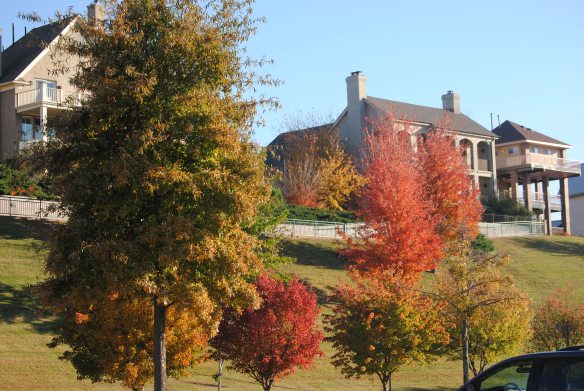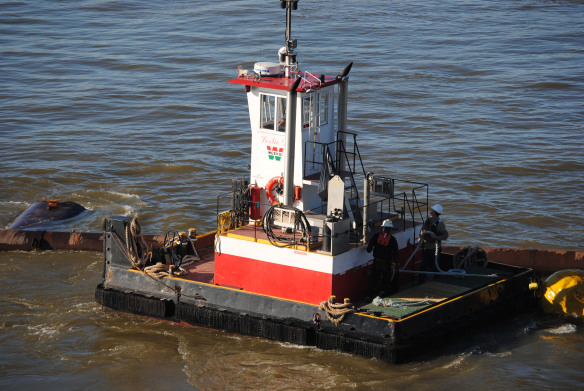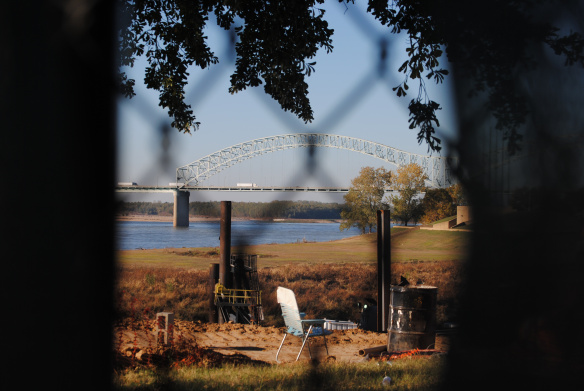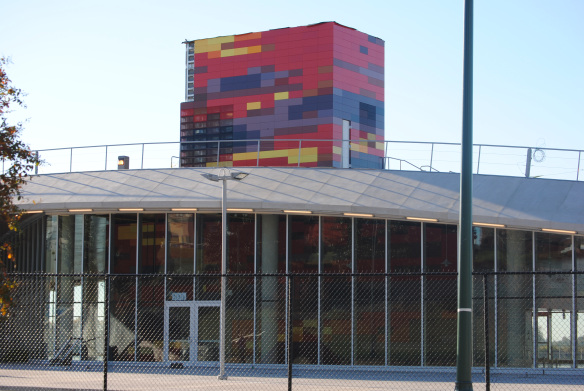It has been almost six years since my Mother departed this earth. All of us knew she was not going to live, yet her death was a complete surprise. So quick. So final. One morning I was leaving the house to walk around the block, and fifteen minutes later I was in my Mother’s kitchen with Martha the caregiver and my sister, gazing at my Mother, still in her pink satin pajamas, slumped sideways in her kitchen chair. She had entered a new space for all eternity, and so had I.
One part of my brain functioned as a fact keeper, recording the feel of the breeze on the front porch where I sat in a wrought iron chair to call my husband and say, “Please come.” I watched myself call the hospice, or the paramedics or whoever I called. Though every fact was catalogued so that I would never, never forget this surreal world, I have no idea which agencies I called that day. I think I may have tried to move some of her breakfast things out of the way in the kitchen, so we would not have to see them, so that our Mother would not be dead.
The fact keeper came with me a few days later when I volunteered to go alone to her house to clean out her closet. I don’t know what I was trying to prove, unless I thought that by facing this heartrending task I would be getting past some dreadful obstacle I would never have to face again. It was helpful in terms of being able to freely wail and sob as I yanked down her little sports shirts and robes, sniffed their heady cigarette/perfume aroma and crammed them into hefty bags. There was little in her closet, for in her last few weeks, after her Doctor told her over the phone that she only had weeks to live, she had culled her personal items to a minimum.
Her rust colored summer straw purse, though, I could not relinquish. After a lifetime of detesting her cigarette smell, I found myself wanting to keep her essence close to me for as long as possible. I sniffed her leather key ring, full of jangling keys she would never need again and actually deeply inhaled a partially full pack of Merits the purse still contained. I opened her brocade lipstick holder. I felt the handle and the nubbed straw exterior of the bag. I had my Mother’s purse, so she could not be dead.
I am sure my story is no different from anyone else’s. We expect to lose our parents, but we cannot believe we have lost our parents. We prepare to lose our parents, but find that the losing is an entire package of feelings and events for which we cannot prepare. We try to remember everything, because we know we are living in an altered reality where we do unthinkable things like go to the funeral home. Humans must be in a trance to perform the duties of death.
About two weeks ago my siblings and I received word that we were the beneficiaries of a burial policy we were unaware my Mother had had. Documents had to be gathered: death certificates, funeral home statements. As I rummaged through all her old papers I have still not been able to make myself organize, I willed the fact keeper to watch and remember while the trance part of me looked for the required information. Finally all the documentation was complete and duly submitted.
And guess what? I went through two weeks of reliving my Mother’s life and death only to find that my portion of the insurance policy comes to eighty two dollars and fifty cents. None of my siblings need money, nor did we have any grand expectations. But there was hysterical laughter among us at this outcome, followed, I am sure, by moments of private sadness.
But seriously? For eighty two dollars and fifty cents I had to see my Mother’s checkbook with all our names on it? Because she was blind and couldn’t write checks anymore? And remember in my gut the sight of her lonely red Keds beside the bed the morning she died? To have the fact keeper play back for me the scenes of my self wandering through the rooms of my Mother’s house, expecting to find her around the next corner?
But that’s not even the worst part. The worst part is that it turns out that after all these years my Mother is still dead After a comprehensive review of my Mother’s last months , from biopsy to diagnosis, from chemo to hospice, from her believing she was fighting her illness to her urging dishes and crystal on us every time we left her house, from the caregiver’s call to the funeral home, from the funeral to the dividing of her estate, the fact keeper concludes without a doubt that my Mother remains dead.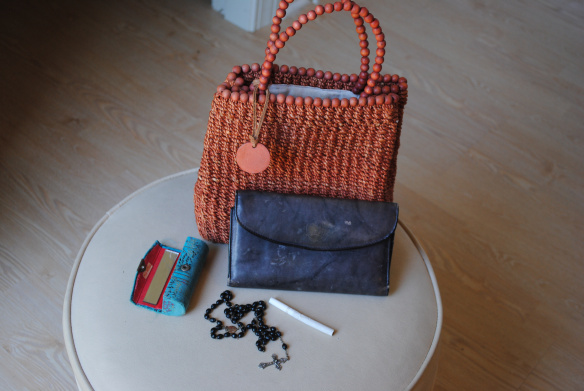
I found my Mother’s little straw purse today and went back through it. I think I can still detect some of her smell. There is only one broken cigarette inside , not a pack as I had recalled. Here are her wallet and her small black rosary beads. A handful of loose change covers the bottom of the bag. Somehow my Mother is still dead, and I am still surprised. I would have given a lot more than eighty two dollars and fifty cents not to find that out.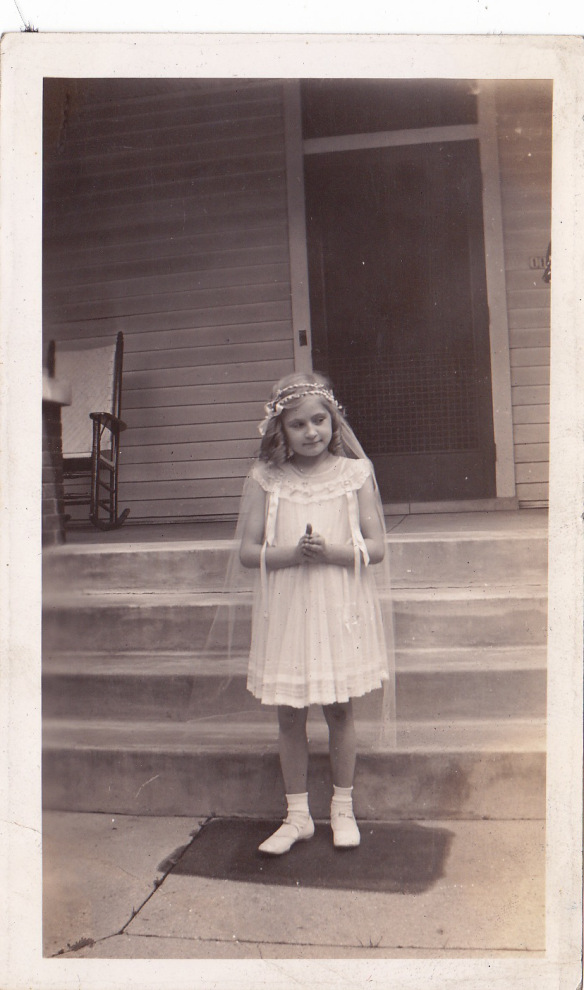 Rest In Peace.
Rest In Peace.

